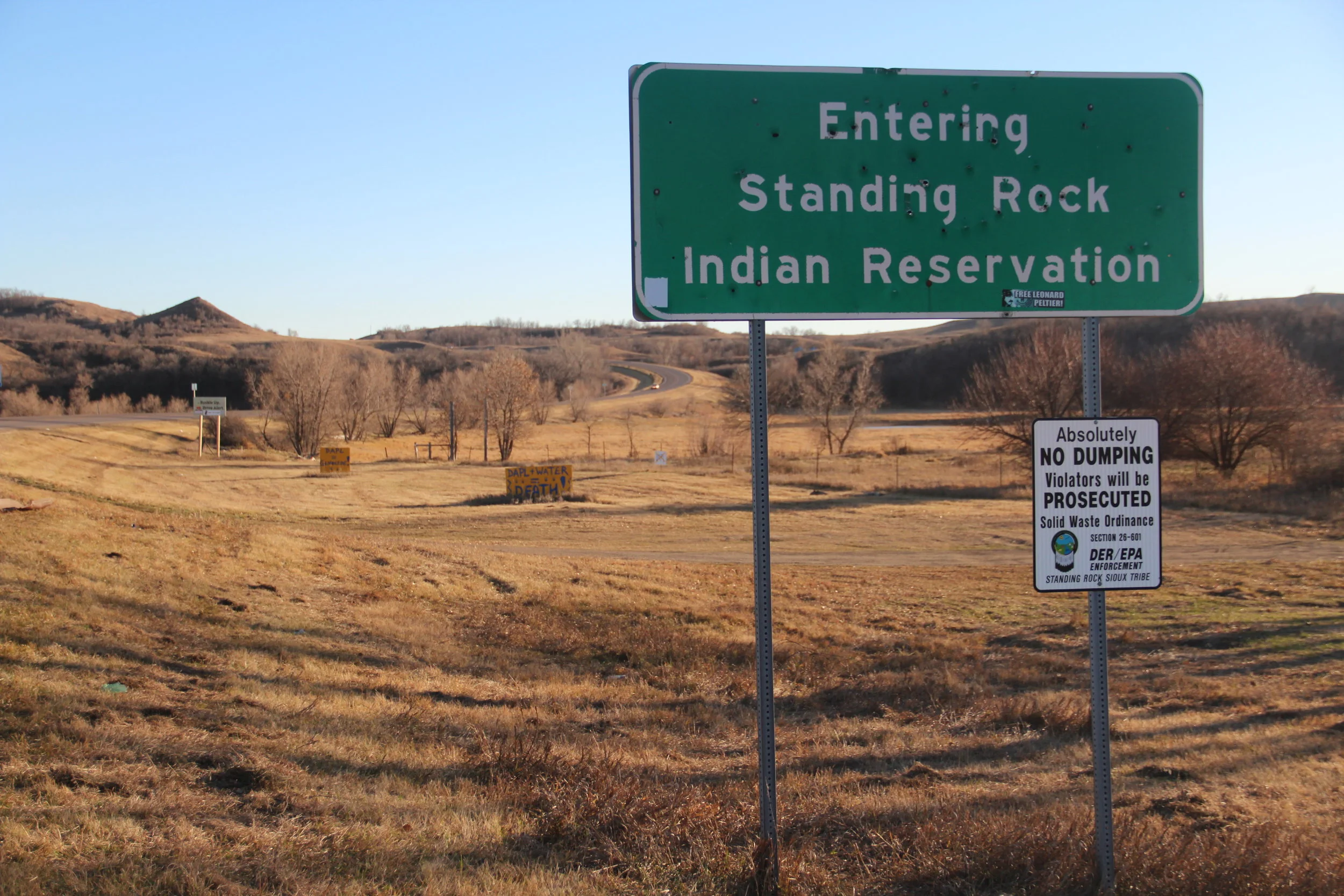Tips from a Senator's office: How concerned citizens can best influence their legislators
/Some great tips from a high-level staffer for a Senator:
There are two things that all concerned citizens should be doing all the time right now, and they're by far the most important things.
First off: You should NOT be bothering with online petitions or emailing. Those don't typically accomplish anything except to help us feel like we've "done" something when we haven't.
1. The best thing you can do to be heard and get your congressperson to pay attention is to have face-to-face time. If they have town halls, go to them. Go to their local offices. This is how the religious right, as the Tea Party, began to establish influence.
If you're in DC, try to find a way to go to an event of theirs. Go to the "mobile offices" that their staff hold periodically (all these times are located on each congressperson's website). When you go, ask questions. A lot of them. And push for answers. The louder and more vocal and present you can be at those the better.
2. But, those in-person events don't happen every day. So, the absolute most important thing that people should be doing every day is calling. You should make six calls a day: two calls each to your two Senators and your one Representative -- one call to their DC office and another to your local office.
The staffer was very clear that any sort of online contact basically gets immediately ignored, and letters pretty much get thrown in the trash (unless you have a particularly strong, emotional story -- but even then it's not worth the time it took you to craft that letter).
Calls are what all the congresspeople pay attention to. Every single day, the Senior Staff and the Senator get a report of the three most-called-about topics for that day at each of their offices (in DC and local offices), and exactly how many people said what about each of those topics. They're also sorted by zip code and area code.
She said that Republican callers generally outnumber Democrat callers 4-1, and when it's a particular issue that single-issue-voters pay attention to (like gun control, or Planned Parenthood funding, etc...), it's often closer to 11-1, and that's recently pushed Republican congressmen on the fence to vote with the Republicans. In the last eight years, Republicans have called, and Democrats haven't.
So, when you call:
A) When calling the DC office, ask for the staff member in charge of whatever you're calling about ("Hi, I'd like to speak with the staffer in charge of healthcare, please"). Local offices won't always have specific people assigned to each issue, but they might. If you get transferred to that person, awesome. If you don't, that's okay - ask for their name, and then just keep talking to whoever answered the phone. Don't leave a message (unless the office doesn't pick up at all -- then you can, but it's better to talk to the staffer who first answered than leave a message for the specific staffer in charge of your topic).
B) Give them your zip code. They won't always ask for it, but make sure you give it to them, so they can mark it down. Extra points if you live in a zip code that traditionally votes for them, since they'll want to make sure they get/keep your vote.
C) If you can make it personal, make it personal. "I voted for you in the last election and I'm worried/happy/whatever;" or "I'm a teacher, and I am appalled by Betsy DeVos;" or "as a single mother," or "as a white, middle class woman," or whatever applies to the issue.
D) Pick one or two specific things per day to focus on. Don't go down a whole list -- they're only figuring out which one or two topics to mark you down for on their lists, so focus on one or two per day. Ideally it's something that will be voted on or taken up in the next few days, but it doesn't really matter -- even if there's not a vote coming up in the next week, call anyway. It's important that they just keep getting calls.
E) Be clear on what you want. "I'm disappointed that the Senator..." or "I want to thank the Senator for their vote on..." or "I want the Senator to know that voting in _____ way is the wrong decision for our state because..." Don't leave any ambiguity.
F) They may get to know your voice and start to get sick of you. It doesn't matter. Press on. The people answering the phones generally turn over every six weeks anyway, so even if they're really sick of you, they'll be gone in six weeks.
From experience since the election: If you hate being on the phone and feel awkward (which is a lot of people) don't worry about it. There are a bunch of scripts (Indivisible has some, and there are lots of others floating around these days). After a few days of calling, it starts to feel a lot more natural. Put the six numbers in your phone (all under "P" for Politician. An example is Politician McCaskill MO, Politician McCaskill DC, Politician Blunt MO, etc., which makes it really easy to click down the list each day), make your first call, and go from there.
If, like me, you've been meaning to add elected officials' contacts to your cell phone but haven't gotten around to doing it yet, you can text your zip code to 520.200.2223. It will respond with your federal and state legislators' names and phone numbers. Then you can easily save those contacts in your phone.
A version of this post originally appeared as a Facebook post. Reposted with permission.












